| Dickens’ David Copperfield brought to contemporary South Virginia is a worthy winner of both the Pulitzer and Women’s Prize. It’s a story of inequalities, addiction, child protection failures and attachment to community and land. Demon’s voice grabbed me from the first page and never let go and the tragedies of his early childhood – kidult mother; dead-end education; foster carers starving the children and working them like slaves – wrenched my heart. True to the source material, it’s not totally bleak: people do care for Demon, although not always with the power to put things right. |
Welcome
I started this blog in 2013 to share my reflections on reading, writing and psychology, along with my journey to become a published novelist. I soon graduated to about twenty book reviews a month and a weekly 99-word story. Ten years later, I've transferred my writing / publication updates to my new website but will continue here with occasional reviews and flash fiction pieces, and maybe the odd personal post.
|
7 Comments
There must be more than six degrees of separation between a boy who attends his oxen in rural Thailand and a contemporary social media influencer in the USA. But the farmer could be one steppingstone between them and the writer a link from the other end. The tour guide could be the bridge in the middle because they might need to shit in the woods. What am I on about? The answer is in these five mini reviews.
As the Russian invasion of Ukraine approaches its second year, a couple of recent reads reminds me of how other eastern European countries have suffered under the Soviet regime. These novels are about women’s lives in the late 1940s and early 1950s: the first set in Poland and the second in Hungary. Would you believe that it wasn’t until I came to post this that I realised both titles feature animals that should be in the wild?
I’ve recently read a historical novel and a contemporary YA novel featuring fostered girls. In the first, it’s idyllic, especially in contrast to the institution she’s sent to at the age of six. In the second, it’s more problematic with a foster mother who can’t put her own needs aside to support the child in her care.
Here I introduce two translated novellas – the first from Italian, the second from French – about the bond between siblings, survivors of damaging childhoods. They illustrate the difficulties of closing the door on the past.
The human mind has a wonderful capacity to protect us from unbearable memories, but there’s always a cost. As the narrators of these two novels discover when circumstances compel them to spend time with the mothers from whom they’ve grown apart. Read on to see which takes your fancy; I can heartily recommend reading both.
These two recent reads about a subject close to my heart: finding the meaning within supposed madness and unOthering those deemed severely mentally ill. The first is a classic, an antidote to the mad woman in the attic in Jane Eyre; the second, which deserves to become a classic, published this year. I have no hesitation in recommending them both.
Well, what do you know? I can’t recall when I last read a novel featuring a kidnapping, and then two come along at once, both published (in the UK at least) on the same day (May 6). It’s worth noting, however, that I wouldn’t have flagged them as kidnap stories if I were posting these reviews individually. But it does distinguish them from the many other novels I might read about friendship and women’s lives from childhood to middle age. The first is set in the USA and the second in Nigeria and, if either sounds like your kind of story, don’t hesitate to get yourself a copy.
A novel and a novella featuring twins pulled apart when one is targeted to be a pawn in a war they don’t fully understand: in the first, nineteen-year-old Londoners; in the second, boys in an unnamed Arab country brainwashed into self-sacrifice at only nine.
Only one of these three recent reads is classed as a horror novel and, although not my usual genre, it turned out to be my favourite of the three. But we don’t need to evoke the supernatural to scare ourselves: there are real-life horrors in each of these stories. In the first, a translation, war has killed many and put the survivors’ lives on hold. In the second, set in rural Cumbria, the spooky happenings are extra disturbing for a man with unprocessed memories of violence from childhood, as well as his helplessness in the face of his wife’s agonising three-day labour. The third is a 1960s classic set in a horrific – but typical of its time – psychiatric hospital where the regime seems designed to make a bad situation worse.
Adoption aftermaths: Helen and the Grandbees, Why Be Happy When You Could Be Normal? & Red Dust Road30/10/2020 I suspect I’m drawn to adoption narratives because of the way they can make concrete a vague sense of loss and yearning some of us feel as a result of early maternal neglect. It’s one of the themes of my forthcoming novel, Matilda Windsor Is Coming Home, and its follow-up, 100 Candles, my current WIP. In fact, I read/reread the two memoirs reviewed in this post as research for the latter. The other book is a debut novel offered to me by the publisher.
I’m sharing my thoughts about three recent reads set in communities slightly apart from the mainstream: the first two in contemporary residential care settings and the third in a dystopian future world. In genre they’re also slightly apart from my usual fare: the first mass-market commercial fiction; the second, a translation (and therefore closest to my usual); the third, cyberpunk. Each offered something to intrigue and enjoy.
I’ve recently read two novels about women whose damaging childhoods lead to adult relationships where they can’t manage to separate psychologically from someone who fails to meet their needs. In the first, a French translation, the enmeshed relationship is with a man who is less than a partner but more than a friend. The second, set in India, centres on a toxic mother-daughter relationship, a common theme in my reading and writing, which has sparked this week’s 99-word story.
These two recent reads are about marriages under severe strain. In the first, set in the southern USA, a woman turns to a mutual friend when her husband is sentenced to twelve years’ in prison for the crime of being black in the vicinity of a sexual assault. In the second, set in the UK, a family is in crisis as a result of the husband and father’s combat PTSD.
These two recent reads are narrated by girls whose young lives are blighted by parental conflicts, secrets and lies. We follow them over a period of years: Tatty, the middle child of a largish Dublin family, from around three to twelve, which is the age that Giovanna, an only child, begins to learn to navigate her home city of Naples.
I recently read very different two novels with a supernatural element and a forest setting where nature cannot be ignored. The first is a meditation on our collective fragility involving a fantastic – in the literal sense – bird. The second is a psychological suspense story about a family and community haunted by a young mother’s disappearance a decade before.
The young protagonists of these two novels are worlds apart in time, geography and social class and expectations. The first is a Hungarian translation about a girl sent to an elite boarding school during the Second World War; the second is a fantasy about a street kid trying to rise above his physical and social disadvantages. Both feature endearing teenagers grappling courageously with injustice and, in the process, learning about themselves.
How do boys become men and what happens to those whose journeys go wrong? The first of these novels, set in Scotland, looks at what boys learn from their fathers when the son of a bully goes on to murder his family, apart from his younger son. The second is about a traditional coming-of-age ceremony in South Africa and the physical, psychological and social consequences of a botched circumcision.
|
entertaining fiction about identity, mental health and social justice
Annecdotal is where real life brushes up against the fictional.
Annecdotist is the blogging persona of Anne Goodwin:
reader, writer, slug-slayer, tramper of moors, recovering psychologist, struggling soprano, author of three fiction books. LATEST POSTS HERE
I don't post to a schedule, but average around ten reviews a month (see here for an alphabetical list), some linked to a weekly flash fiction, plus posts on my WIPs and published books. Your comments are welcome any time any where. Get new posts direct to your inbox ...
or click here …
Popular posts
Categories/Tags
All
Archives
March 2024
BLOGGING COMMUNITIES
|
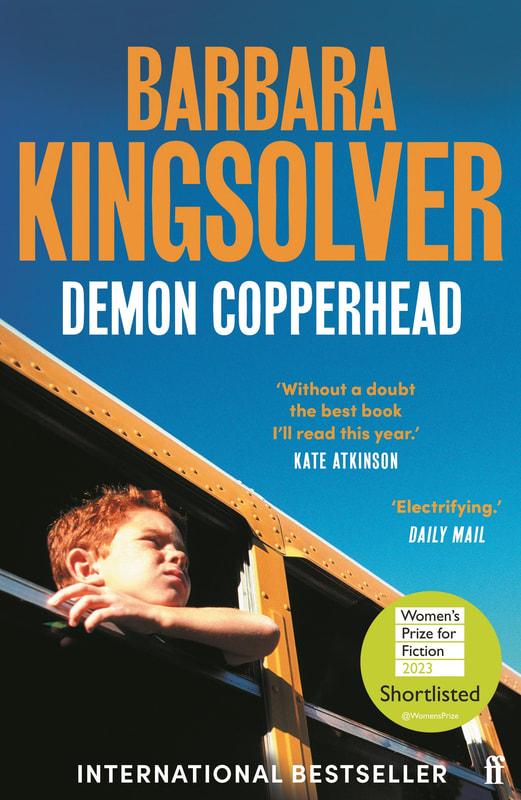
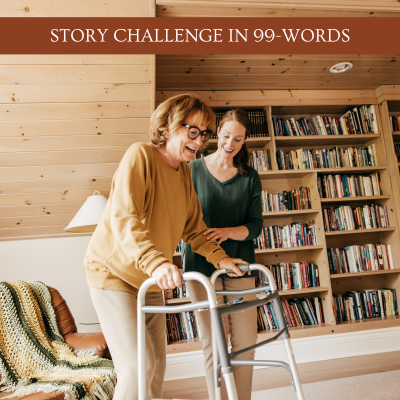
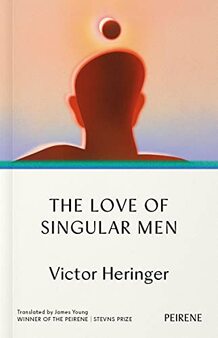
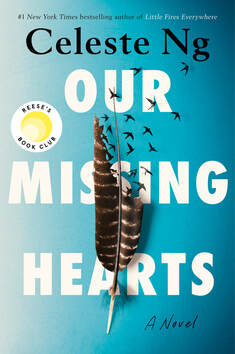

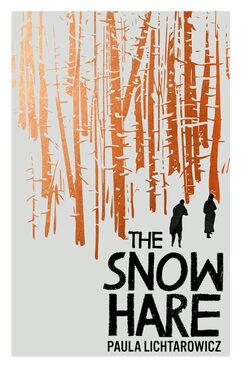
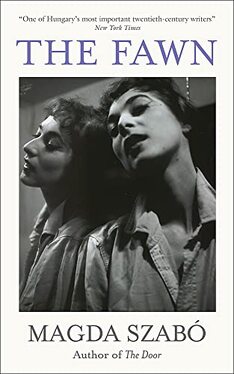
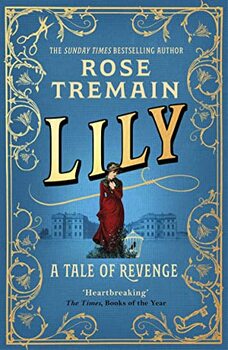
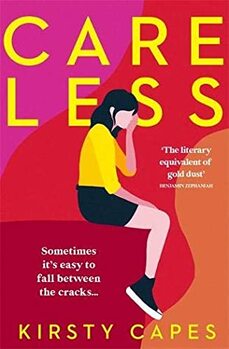
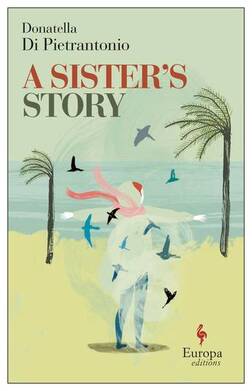

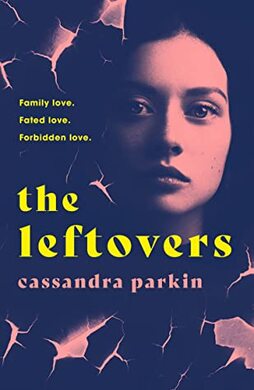
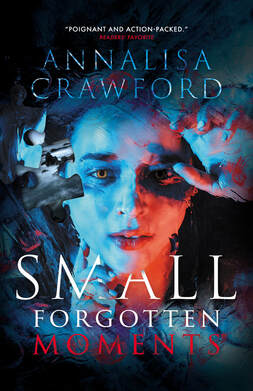
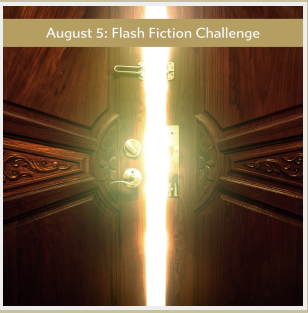

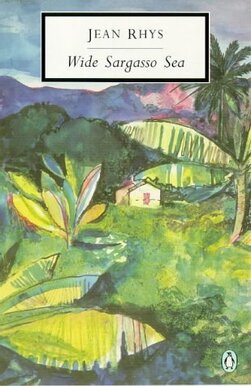
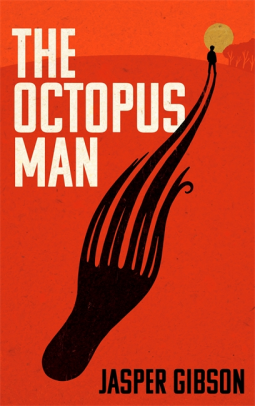
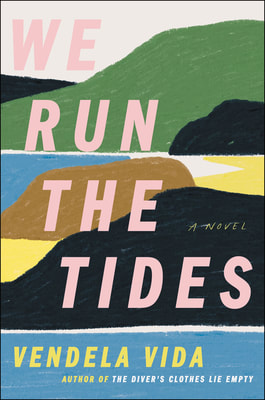
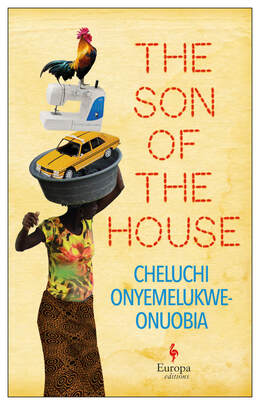

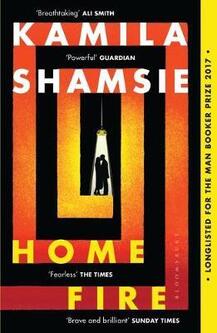
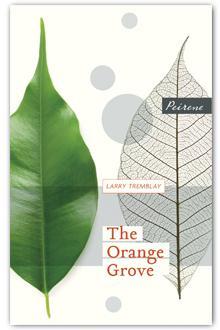
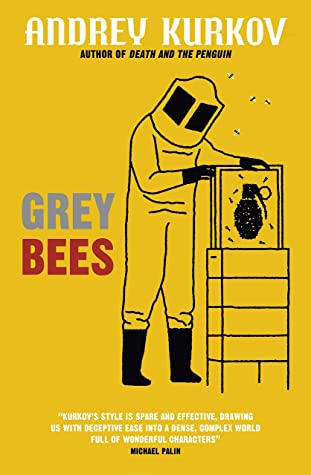
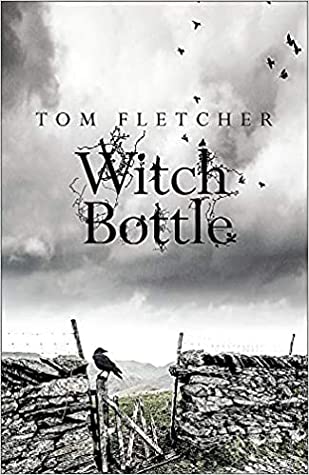
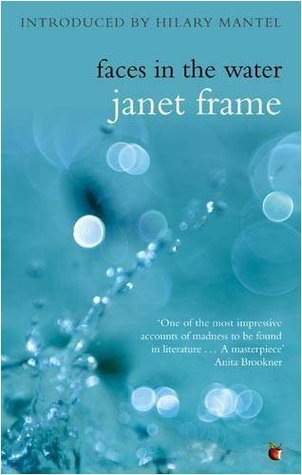
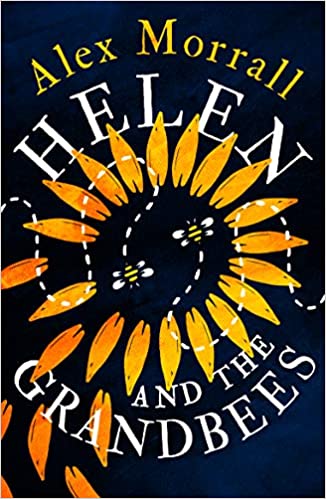
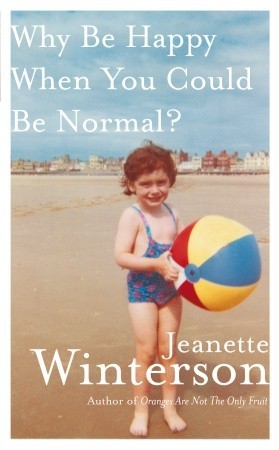
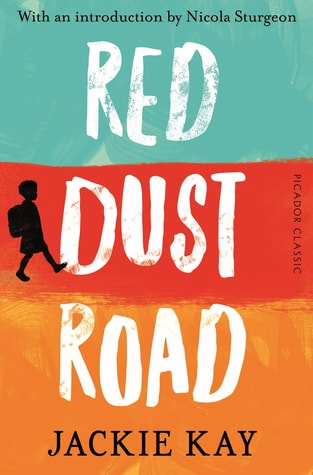
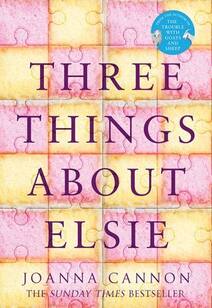
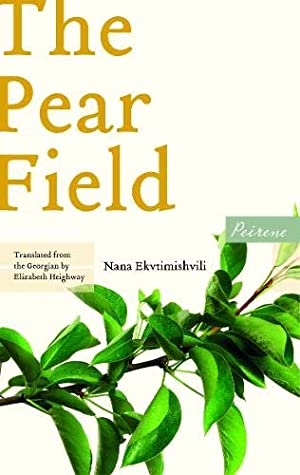
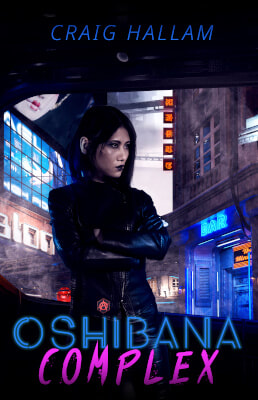
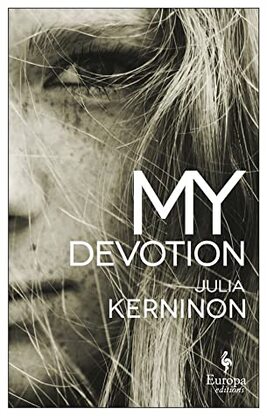

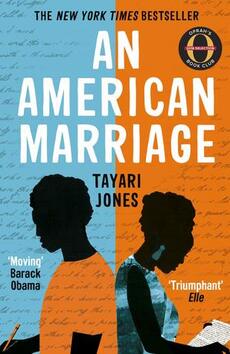
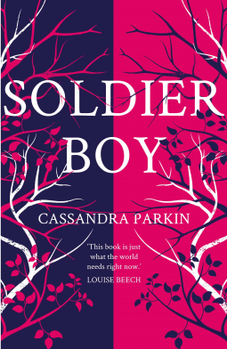
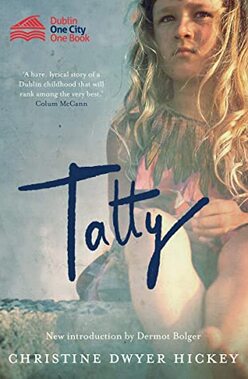
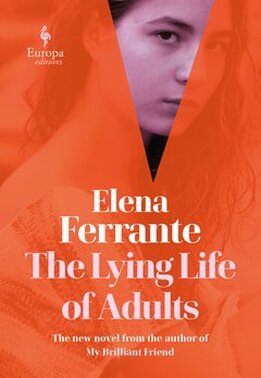
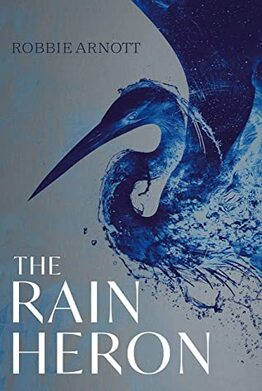
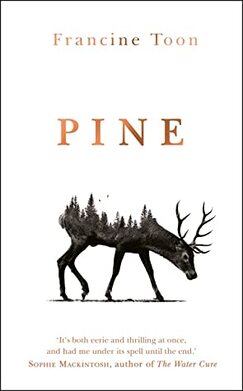
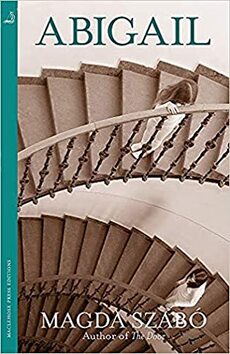
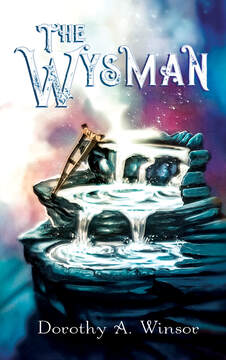

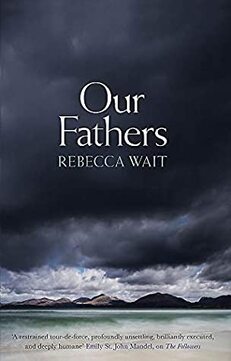
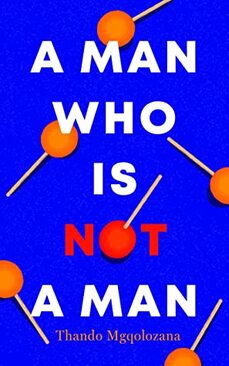





















 RSS Feed
RSS Feed





















